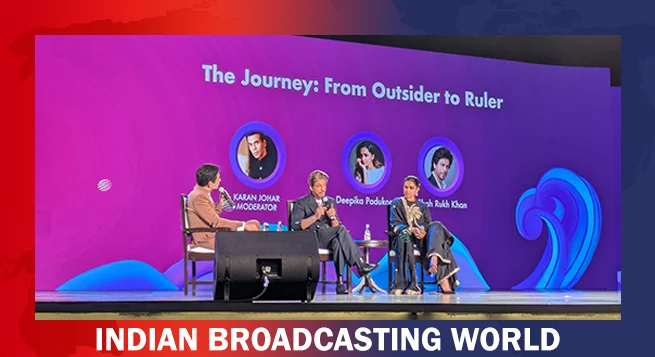Google on Friday said it is testing removing links to California news sites for some users in the western US state as legislators mull making the online search giant pay for connecting people to news.
The Silicon Valley tech firm is preparing for the possible passage of the California Journalism Preservation Act (CJPA) that would create a “link tax” for connecting users in the state to news articles, Google Global News Partnerships vice president Jaffer Zaidi said in a blog post.
The CJPA was passed by the California Assembly in June of last year, and is currently being considered by the state’s senate, The Associate Press reported.
“As we’ve shared when other countries have considered similar proposals, the uncapped financial exposure created by CJPA would be unworkable,” Zaidi contended.
“If enacted, CJPA in its current form would create a level of business uncertainty that no company could accept.”
Google and Facebook-owner Meta have pushed back against efforts in other jurisdictions to require them to compensate news outlets for stories that make it onto their platforms.
Facebook briefly blocked news articles on its site in Australia in 2021 after the passage of a similar law, before the company and Google agreed to make deals to remunerate news publishers.
In France, an agreement was reached in 2022 between Google, publishers and press agencies to allow news content displayed on its platform.
And in November, after months of negotiations, Canada and Google signed an agreement under which the world’s number one online advertising company would pay Canadian media companies $100 million a year in compensation for lost advertising revenues.
Supporters of such laws argue that tech titans attract users with news stories and devour online advertising dollars that would otherwise go to struggling newsrooms.
Google’s trial involves removing links to news websites that might be covered by the proposed law to measure the effect on the platform, according to Zaidi.
Only two percent of Google search queries are news related as people shift to getting news from short-form video, newsletters, podcasts and social media, according to Zaidi.
Google is also halting investments in the California news “ecosystem” until it is clear what regulators have planned, Zaidi added.
“A healthy news industry in California will require support from both the California government and a broad base of private companies,” Zaidi said.
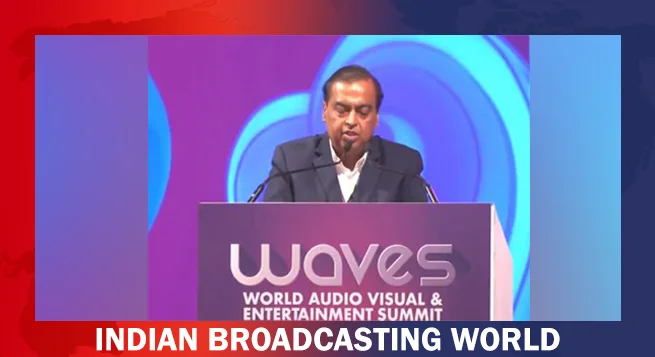 India can lead global entertainment revolution: Mukesh Ambani
India can lead global entertainment revolution: Mukesh Ambani 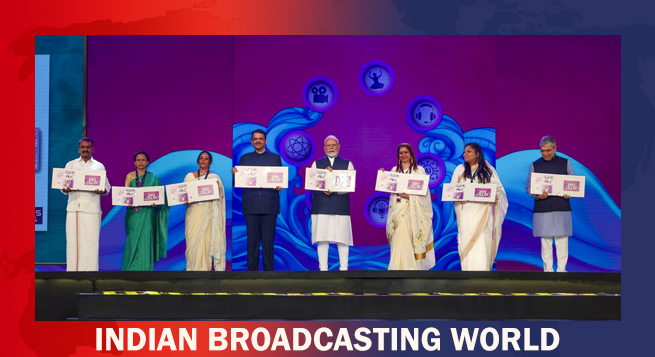 TRAI chief not in favour of separate rules for OTT, legacy b’casters
TRAI chief not in favour of separate rules for OTT, legacy b’casters  Stakeholder alignment media’s big media challenge: BARC Chairman
Stakeholder alignment media’s big media challenge: BARC Chairman  PM Modi releases stamps honouring Guru Dutt, Bhanumathi, other cinema icons at WAVES
PM Modi releases stamps honouring Guru Dutt, Bhanumathi, other cinema icons at WAVES 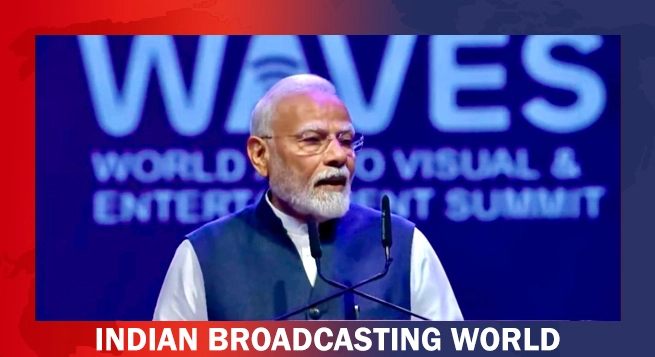 India at dawn of Orange Economy, says PM Modi at WAVES
India at dawn of Orange Economy, says PM Modi at WAVES 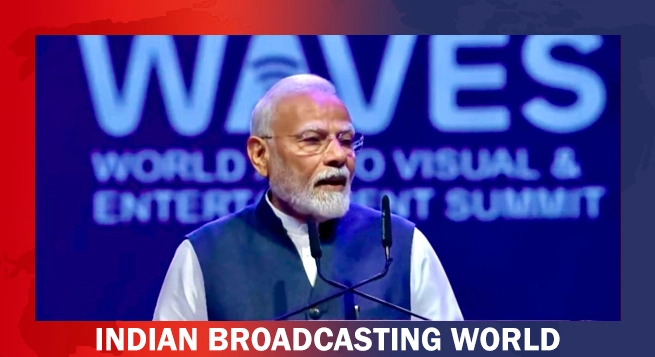 ‘Right Time for Create in India, Create for the World,’ says PM Modi at WAVES
‘Right Time for Create in India, Create for the World,’ says PM Modi at WAVES  WAVES: Murugan unveils white paper on India live events boom
WAVES: Murugan unveils white paper on India live events boom  Big B forays into gaming; unveils ‘Age of Bhaarat’ at WAVES
Big B forays into gaming; unveils ‘Age of Bhaarat’ at WAVES 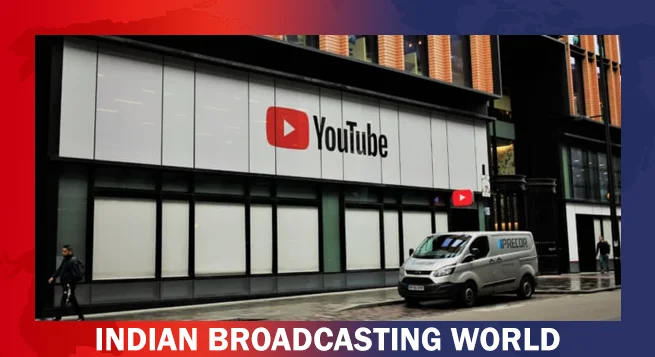 YouTube’s Rs.850cr plan to empower Indian content creators
YouTube’s Rs.850cr plan to empower Indian content creators 



